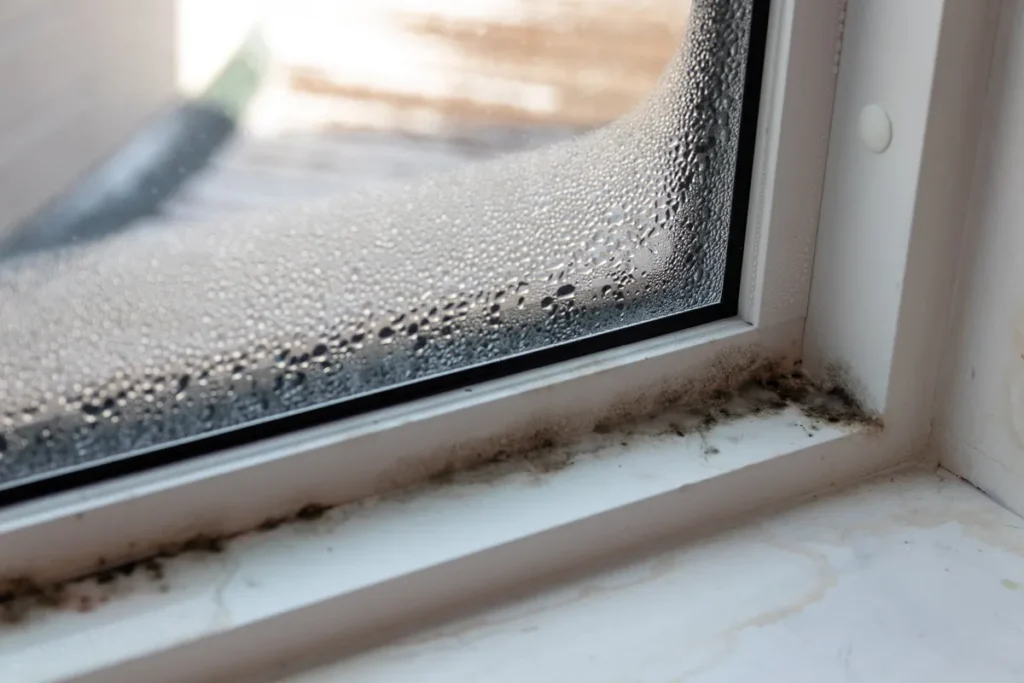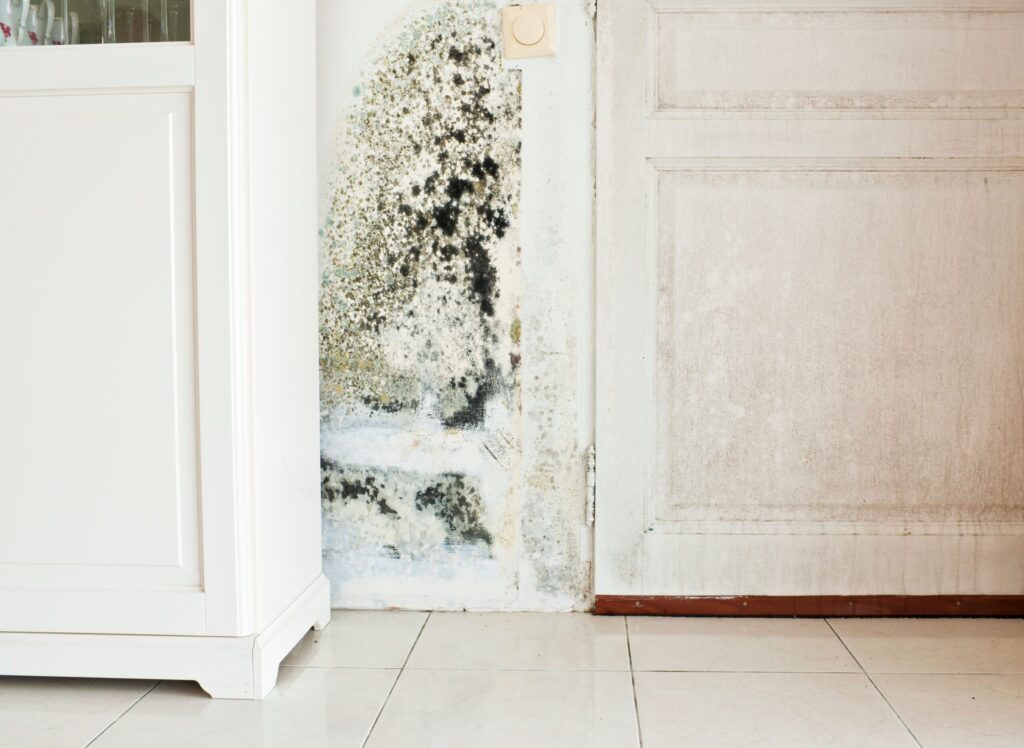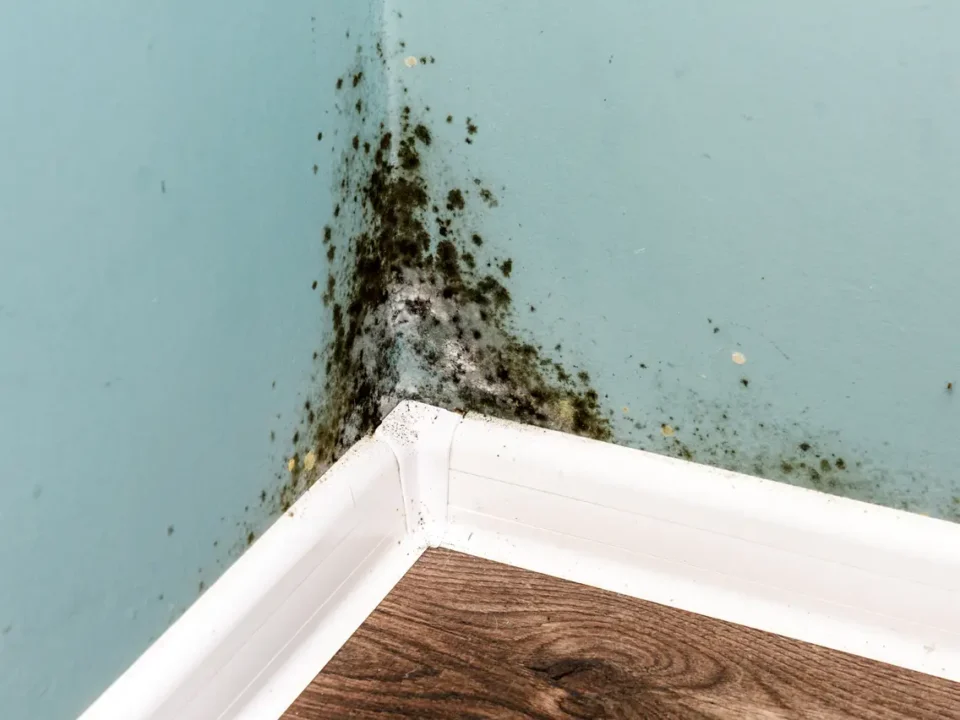Welcome to our comprehensive guide on mold and its potential health effects. Mold, a common yet often overlooked household problem, can have significant implications for your health and well-being. Recognizing the signs of mold-related illnesses is not just important; it’s essential for maintaining a healthy living environment. In this blog post, our primary goal is to equip you with the knowledge to identify signs of mold-related sickness, ensuring your home remains a haven.
Common Health Problems Caused by Mold
Mold exposure can lead to a myriad of health issues, ranging from mild allergic reactions to severe respiratory conditions. Symptoms such as persistent coughing, sneezing, skin rashes, and eye irritation are common among those affected. Delving into real-life scenarios, we find numerous individuals suffering from these ailments due to prolonged mold exposure. Early detection and intervention can drastically mitigate the health risks associated with mold, underscoring the importance of being vigilant and proactive.
Identifying Physical Symptoms

Recognizing physical symptoms that may indicate mold-related sickness is paramount. Respiratory issues, including wheezing, difficulty breathing, and chest tightness, often manifest in affected individuals. Skin reactions such as rashes or hives can also occur. If you notice these symptoms, especially in specific areas of your home or during certain times of the year, it may be time to investigate further. Taking immediate action, such as consulting a healthcare professional, can provide clarity and a path to relief. To better identify the symptoms you should check this.
Recognizing Allergies and Sensitivities
Mold exposure is notorious for triggering allergies and sensitivities, often leading to confusion between general allergic reactions and mold-specific illnesses. While allergies typically involve symptoms like sneezing, itchy eyes, or a runny nose, mold-related illnesses can present more severe and persistent symptoms. Understanding this distinction is crucial for identifying the root cause of your discomfort. If you suspect mold to be the culprit behind your allergic reactions, observing the conditions in your environment might provide the answers you seek.
Mental and Emotional Signs
Often overlooked are the mental and emotional symptoms associated with mold exposure. Cognitive difficulties, such as memory loss or lack of focus, along with mood changes and increased anxiety, can be indicative of mold-related health issues. If you or someone you know is experiencing these symptoms, it’s important to consider environmental factors as potential contributors. Seeking professional help and support for mental health concerns is a courageous step toward recovery and well-being.
Investigating Your Environment

Creating a mold-free living space starts with a thorough inspection of your environment. Mold thrives in damp, dark areas, making basements, bathrooms, and under-sink cabinets common hotspots. Visual inspections for discoloration or mold spots, coupled with a keen sense of smell for musty odors, can reveal hidden mold. While DIY testing kits are available, certain situations call for the expertise of professional services to ensure a comprehensive assessment and effective remediation.
Preventing Mold-Related Health Issues
The adage “prevention is better than cure” holds true when it comes to mold-related health issues. Simple measures like maintaining good indoor air quality, using dehumidifiers, and ensuring proper ventilation can make a significant difference. Regular home maintenance, such as fixing leaks promptly and inspecting HVAC systems, plays a crucial role in mold prevention. By adopting these strategies, you not only safeguard your health but also enhance the overall quality of your living environment.
Mold, a seemingly minor issue, can have major implications for health and home. By understanding the signs, taking preventive measures, and seeking professional help when needed, you can ensure that your home remains a safe and healthy sanctuary. Stay vigilant, stay informed, and take the necessary steps to protect yourself and your loved ones from the hidden dangers of mold.

